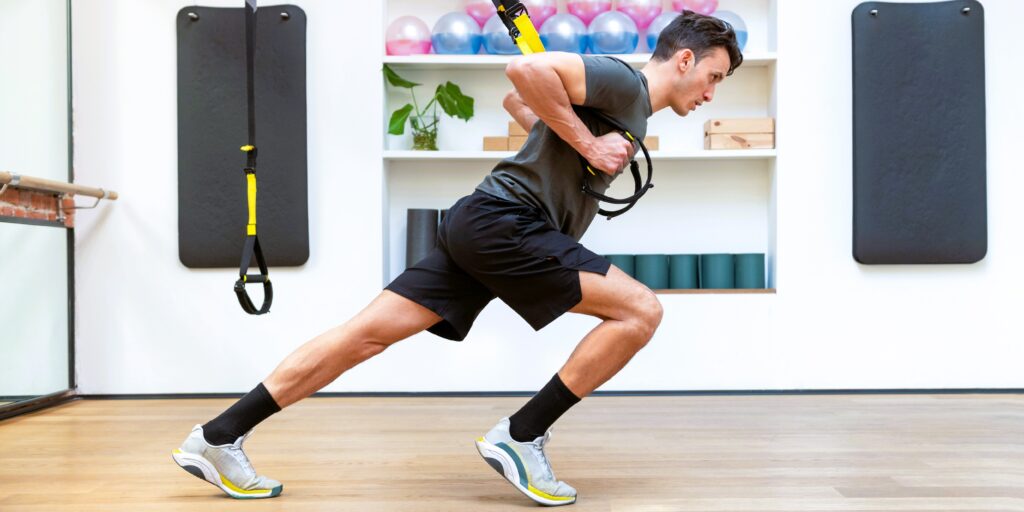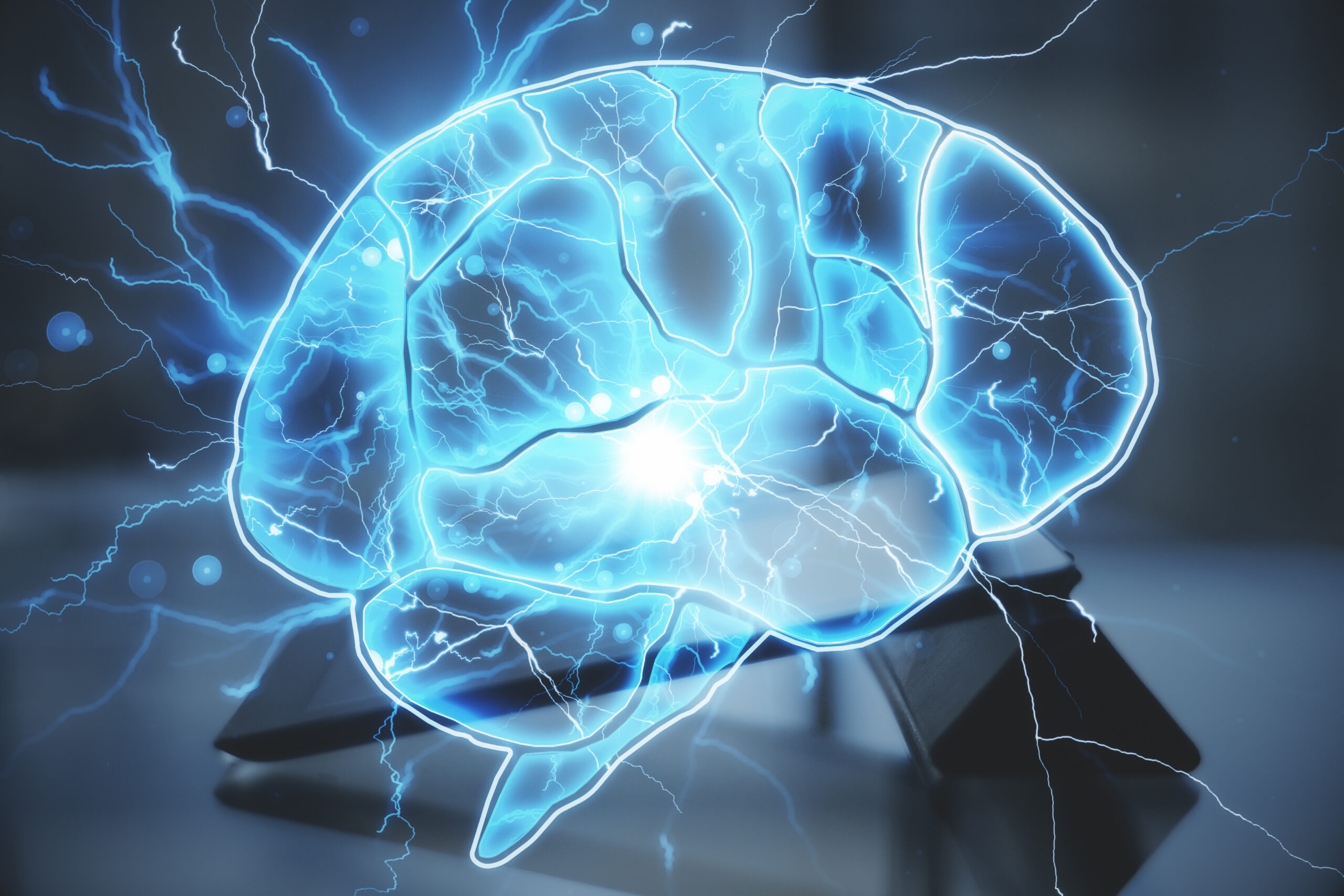Welcome to our Clonapure® blog! Whether you are an athlete who has already experienced the multiple benefits of creatine, or a newcomer who is willing to learn the reason behind the reputation of this renowned nutritional supplement, we recommend you to stay and keep reading, for this new entry will surely be of your interest.
Today we will analyze a different take on the positive consequences of creatine intake that goes beyond its well-known properties as an athletic performance booster – its effects on muscle injury and how it helps the body process muscle tissue damage. Are you ready?
Enter CREATINE AND MUSCLE INJURY!
A BRIEF INSIGHT INTO CREATINE ITSELF
Before delving deeper into the role of creatine in muscle injury, let’s summarize the basics briefly.
Creatine is a natural substance produced by the body which rapidly regenerates adenosine triphosphate (ATP), a molecule that provides cells with the energy they need to function.
Creatine gives our muscles on-demand energy when it’s required. The bigger the amount of creatine stored in our muscles, the more energy we can draw during physical activity. As a result of this, our workouts and athletic performance tend to experience an increase in quality in better quality workouts.
Creatine supplementation has other relevant benefits that range from positive effects on muscle mass growth and lower fatigue levels to quicker recovery times after workout.
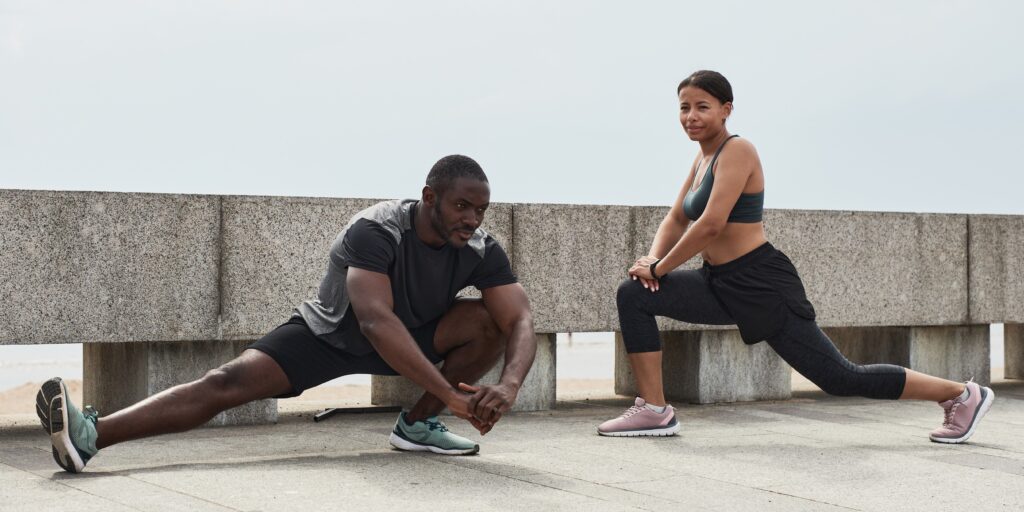
can creatine lower the risk of injury?
The general consensus on the effects of creatine on muscle injury is that taking creatine supplements can help reduce the chance of getting hurt after a hard workout. Creatine also helps prevent delayed onset muscle soreness (known as DOMS), which is the stiffness and pain you feel in your muscles 24 to 48 hours after a very hard workout.
Just as an example, a 2003 study which followed college football players during the season concluded that less cases of muscle cramps, tightness, strains, or injury were reported among athletes supplementing with creatine than those that did not.
Additional pieces of research suggest that creatine minimizes exercise-induced muscle damage as an acute training response, proving effective in reducing the level of exercise-induced muscle damage following a single bout of strenuous exercises
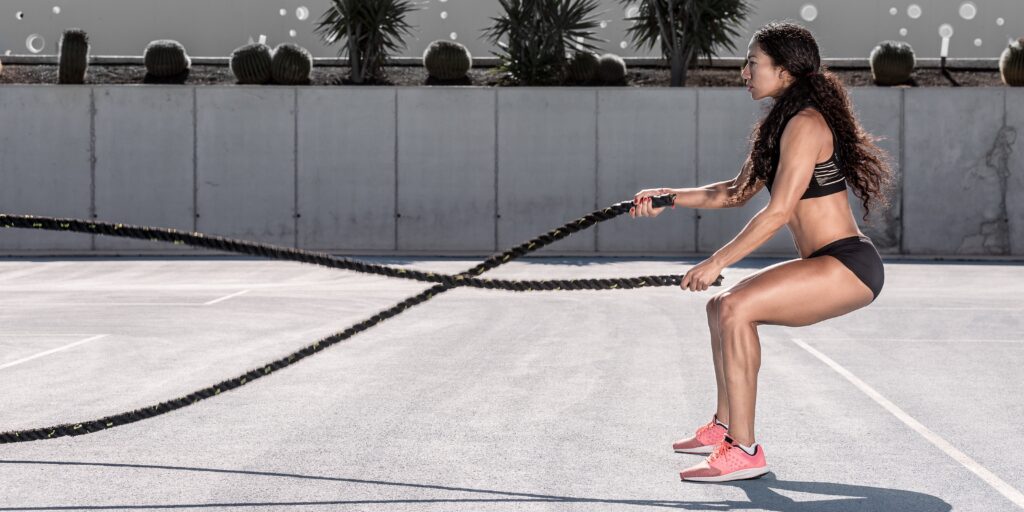
CREATINE IN MEDICAL REHABILITATION
A recent study about the application of creatine supplementation in medical rehabilitation has drawn interesting conclusions in this regard.
The reports points at creatine supporting recovery from exercise by decreasing exercise-induced damage, aiding the adaptive response to exercise, and augmenting the physiological response to training. The results also suggest that creatine may promote maintenance and mitigate the loss of muscle mass, muscular strength, and endurance, as well as promoting healthy glucoregulation during periods of immobilization.
Other findings hint at creatine enhancing recovery after nerve damage, improving physical function, lean mass, and muscular strength in populations with chronic arthritic diseases. Furthermore, it is proposed that it might be helpful for cases of chronic arthritic diseases and muscular dystrophy regarding physical function, lean mass, and muscular strength.
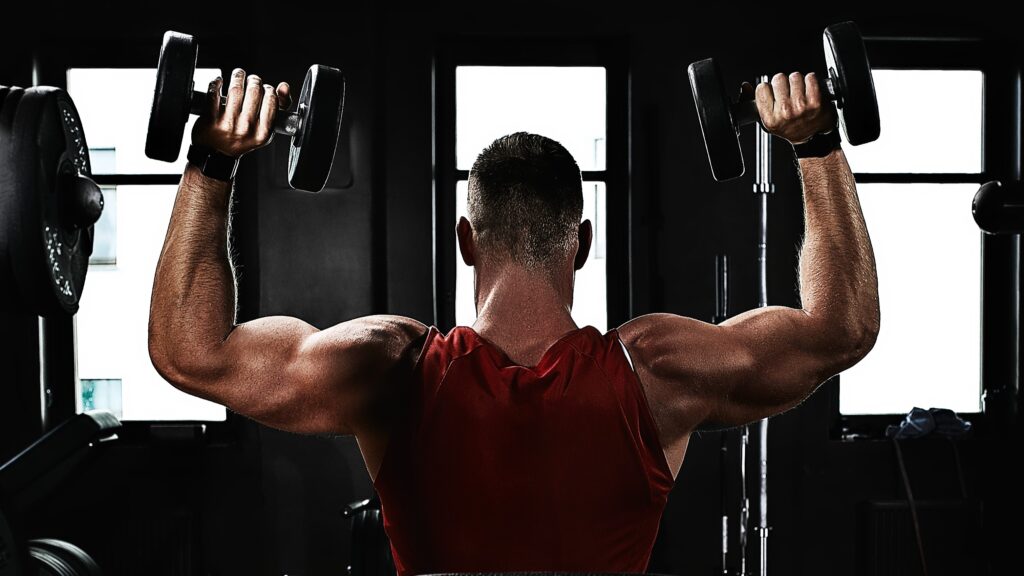
ANY OTHER INJURY-RELATED BENEFITS?
There are indeed! We have already mentioned the role of creatine in the replenishment of ATP stores, facilitating the accelerated supply of energy to the muscles for contraction and healing. Let’s find out about even more benefits of creatine related to injury and muscle strains.
CELLULAR HYDRATION
Cellular hydration is a basic part of muscle health and function, especially during the recovery phase after strain injuries. One of the properties of creatine is drawing water into muscle cells, promoting cellular hydration. This hydration can create an optimal environment for the healing process by maintaining proper cell function, nutrient transport, and waste removal – all of which are essential for effective muscle recovery.
ANTI-INFLAMMATORY AND OXIDATIVE STRESS
Inflammation and oxidative stress are a frequent consequence of muscle strains and often accompany muscle injuries. Scientific research suggests that creatine has potential anti-inflammatory and antioxidant properties that might contribute to more favorable conditions for strained muscle healing.
The reduction of inflammation and oxidative stress brought by creatine supplementation might help mitigate the negative effects of these processes on muscle tissue, thus promoting a more efficient and quicker recovery.

PROTEIN SYNTHESIS
Protein synthesis is an important aspect of muscle repair after strains. It refers to the process of building new proteins within muscle fibers, facilitating the repair and growth of damaged tissue. Research has shown that creatine’s influence on protein synthesis could accelerate the recovery of strained muscles by aiding in the reconstruction of muscle fibers and the surrounding connective tissue.
More specifically – according to this study, creatine is shown to stimulate selectively the rate of synthesis of two major contractile proteins (actin and myosin) heavy chain, in cultures of differentiating skeletal muscle. Creatine would affect only the rate of synthesis and not the rate of degradation.
role in muscle rebuilding
One of the most important factors in effective muscle recovery is to abstain from activity to give the body enough time to heal. Since longer periods of inactivity inevitably involve the loss of muscle mass, creatine can be of great help.
This supplementation after returning to training can help rebuild muscle faster. For instance, a study on fin swimmers rehabbing tendon injuries found that creatine supplementation diminishes muscle mass loss, and also supports faster recovery of muscle size.

CONCLUSIONS
The intention behind this new article CREATINE AND MUSCLE INJURY was trying to summarize relevant and available information about the relationship between creatine supplementation and muscular injuries.
In this regard, we have analyzed a few medical studies that pointed at creatine preventing muscle soreness and helping reduce the chance of getting hurt or sore after hard exercise.
Similarly, we have covered other pieces of research about creatine in medical rehabilitation which suggest that it supports recovery from exercise by decreasing exercise-induced damage while also promoting muscular strength, endurance, and glucoregulation.
Other scientifically-backed properties of creatine in this aspect include cellular hydration, anti-inflammatory and antioxidative stress, effects on protein synthesis, and also a role in muscle building.
About the best option of creatine as a nutritional supplement, we recommend the unique formula of Clonapure®, which requires no loading phase and contains both creatine monohydrate and phosphocreatine. It is the one product in the market that gives you immediate energy for your muscles. This translates into more energy, shorter recoveries and better performance.
Clonapure® is manufactured in a GMP site and has its purity and quality consistently verified through continuous testing (HPLC). If you think the moment has come to give Clonapure® a go, try here!
